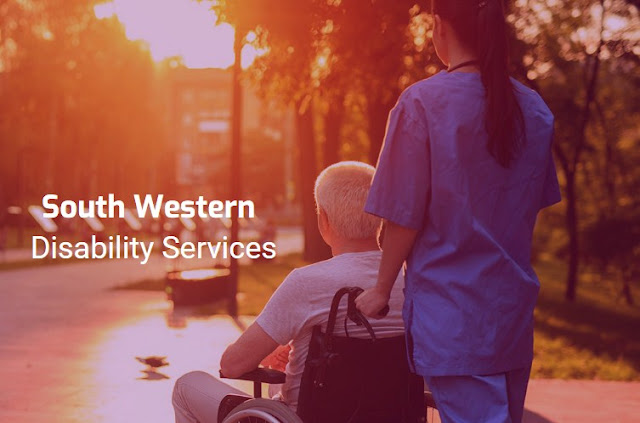Life Skills Enhancement Programmefor People with Disabilities
Living with a disability can be a challenging experience, but having the right life skills can help you navigate the world with confidence. People with disabilities often face unique obstacles, but having the right tools and strategies can make life easier and more manageable.
Life skills for people with disabilities usually include independent
living skills, self-advocacy skills, problem-solving techniques, communication
skills, and social skills. These skills can empower individuals to lead fuller,
more independent lives. These programmes are provided to people with
disabilities such as autism spectrum disorders, intellectual disabilities,
learning disabilities, and traumatic brain injuries.
Many respite care
service providers offer life skills enhancement programmes for people
with disabilities. Such skills help them not just to be more independent but
also to learn in order to maintain a positive attitude in life. When they
undergo a life skills enhancement programme, they may learn skills like
personal hygiene, preparing meals, housekeeping, and budgeting. Developing
these skills can help individuals live more independently and manage their own
lives.
Self-advocacy
skills:
Self-advocacy skills
teach people with disabilities how to advocate for their needs and speak up for
themselves. This includes learning how to communicate with doctors, employers,
and other professionals, as well as their rights. Self-advocacy skills can help
individuals take charge of their lives and make sure their needs are met.
Problem-solving
skills:
Problem-solving
skills are also important for people with disabilities. This includes learning
how to think through problems, make decisions, and plan ahead. Having the right
problem-solving skills can help manage day-to-day problems and make life
easier.
Communication
skills:
Communication skills
are essential for people with disabilities to be able to interact with others.
This includes both verbal and non-verbal communication, such as reading facial
expressions, body language, and social cues. Learning these skills can help
individuals build relationships and communicate their needs.
Social
skills:
Finally, social
skills are important for people with disabilities to make and maintain
relationships. This includes learning how to handle different social
situations, understanding social norms, and developing empathy. Having these
skills can help individuals build meaningful connections with others.
Life skills:
Life skills are
essential for people with disabilities to lead a full and independent life.
With the right skills, individuals can gain confidence, manage their own lives,
and build meaningful relationships.
There are accredited
disability care service providers that assist people with disabilities to
attain improved well-being and live with greater independence. The work with
the individuals with disabilities supports their journey towards a more independent
lifestyle grounded in relationships.



Comments
Post a Comment